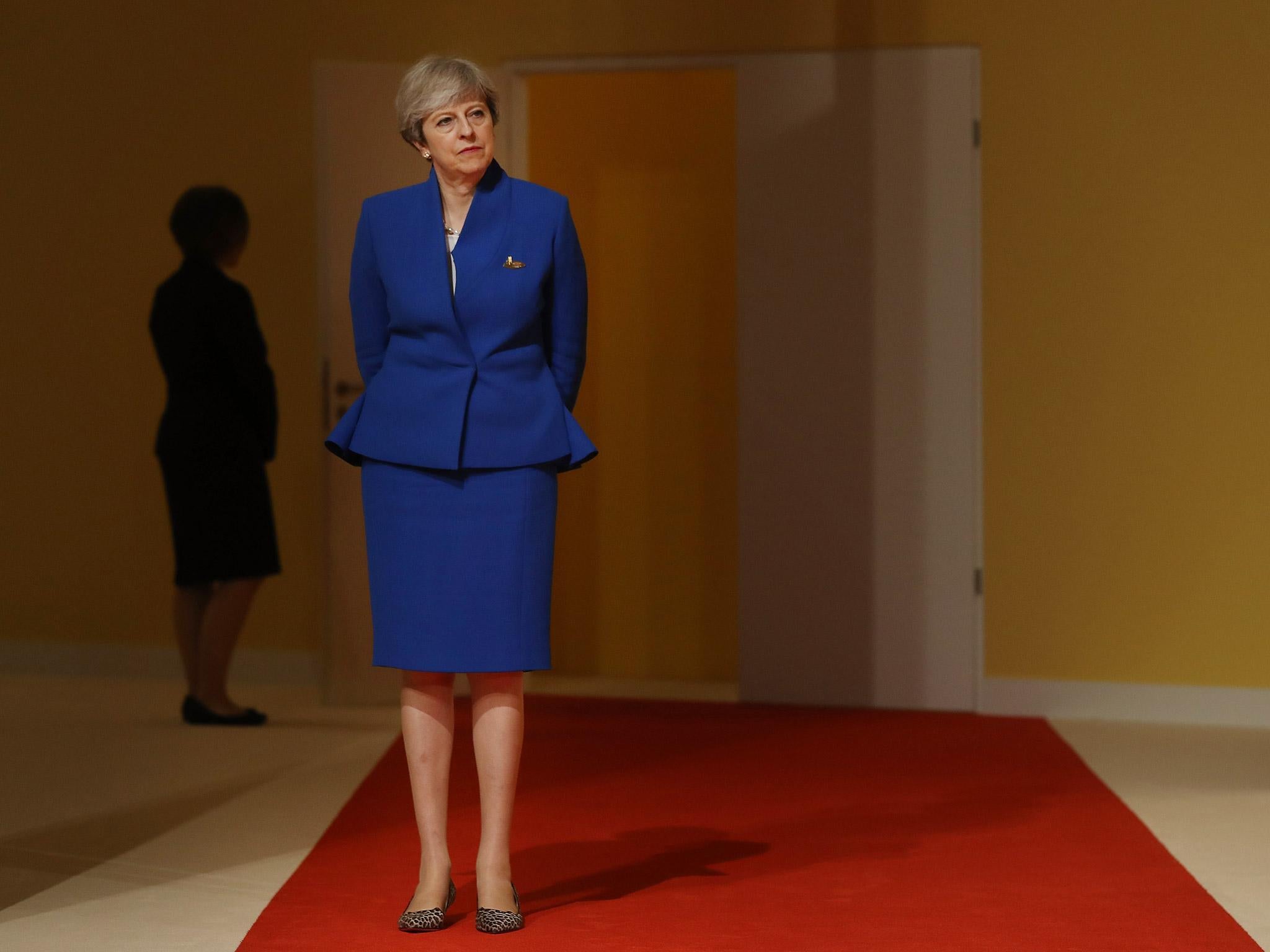The Cabinet is going to split over Brexit – and no one can predict what happens after that
How Brexit may never really happen: we could just move from half in to half out


The Brexit negotiations haven’t really started yet. This is the big fact of British politics. More than a year on from the referendum, the plan to leave the EU has yet to make contact with reality. Everything so far has been scare and guesswork.
So far, ministers have got away with differences of emphasis, because no hard choices have had to be made. Philip Hammond, the Chancellor, said on Friday that we should have “the closest possible arrangement” with the EU after we leave. Well, as close as possible, you can almost hear David Davis, the Brexit Secretary, say, given that we won’t be in the single market or a customs union.
The six months from October this year to March 2018 will be when the Brexit talks become real. That is when “the moon-on-a-stick plan is at last shown to be not on offer and actual compromises have to be made”, according to one Government source.
The fundamental choice facing the Prime Minister and her Cabinet is between good access to the EU market and being free to make trade deals with the rest of the world. Trading easily with the EU means accepting EU rules, which would limit the trade deals that Britain could do with the rest of the world.
I was surprised to be told that many aspects of the negotiations are “manageable”. The rights of EU citizens and the amount of money that Britain has to pay to settle its account are, apparently, “manageable”. Even excluding ourselves from the jurisdiction of the European Court of Justice (ECJ) is “manageable”, it seems. Trading with the EU means we would have to “mirror” EU laws, but May and Davis might be able to claim that we were out of the clutches of the ECJ.
The unmanageable bit, though, is trade with countries outside the EU, which is important not just to Liam Fox, the International Trade Secretary, whose job doesn’t exist until he is allowed to negotiate with other countries. The idea that Brexit would unleash Britain to trade freely in the world is a core tenet of all the Leavers in the Cabinet, the others being Davis, Boris Johnson, Priti Patel, Michael Gove and Natalie Evans (the Conservative leader in the Lords), now that Andrea Leadsom has been demoted to “attending Cabinet” status.
That is why an early sign of the Cabinet split came over the question of a transition deal after Britain has left. Hammond has hinted at a deal that could be like Norway’s, bound by EU single market rules but not an EU member, that might last more than three years after Brexit. Davis, by contrast, said any such arrangement should last “one to two years”. The Brexiteers fear that if we go there, we will never get out again.
Michel Barnier, the EU chief negotiator, said on Thursday we could not have “frictionless” trade outside the EU, which looked as if it contradicted May’s desire for borders that are “as frictionless as possible”, but it doesn’t, yet. The most frictionless deal possible may involve quite a lot of friction.
So what will happen when the compromises have to be made? Nobody knows. As Dominic Cummings, the director of the Leave campaign, might put it in one of his complex blog posts, there are hundreds of branching histories stretching ahead. In most of them, however, I think the Cabinet would split. I cannot see how both sides can accept any realistic deal that would also be acceptable to the EU27.
If May sides with Hammond, the Brexiteers, supported by the Tory party grassroots, might revolt. But if she sides with Davis, she may face trouble in Parliament, because it would take only seven Tory Remainer MPs to take away her majority. And that’s before we get to the House of Lords. That was, after all, why she called the election in the first place.
That is why Davis holds the future of the Government, and the nation, in his hands. He has shown remarkable flexibility in his approach to Brexit, but not even he, I suspect, can reconcile the irreconcilable.
Alastair Campbell’s feeling that “Brexit can be stopped” may not be just Remainer wishful thinking, therefore. I don’t see how Article 50 can be reversed without a huge shift in British public opinion, so we will leave the EU on 29 March 2019. But if we leave into a long transitional arrangement that is similar to EU membership, then who could rule out big changes in our politics, or indeed in the EU, that keep us there?
Join our commenting forum
Join thought-provoking conversations, follow other Independent readers and see their replies
Comments